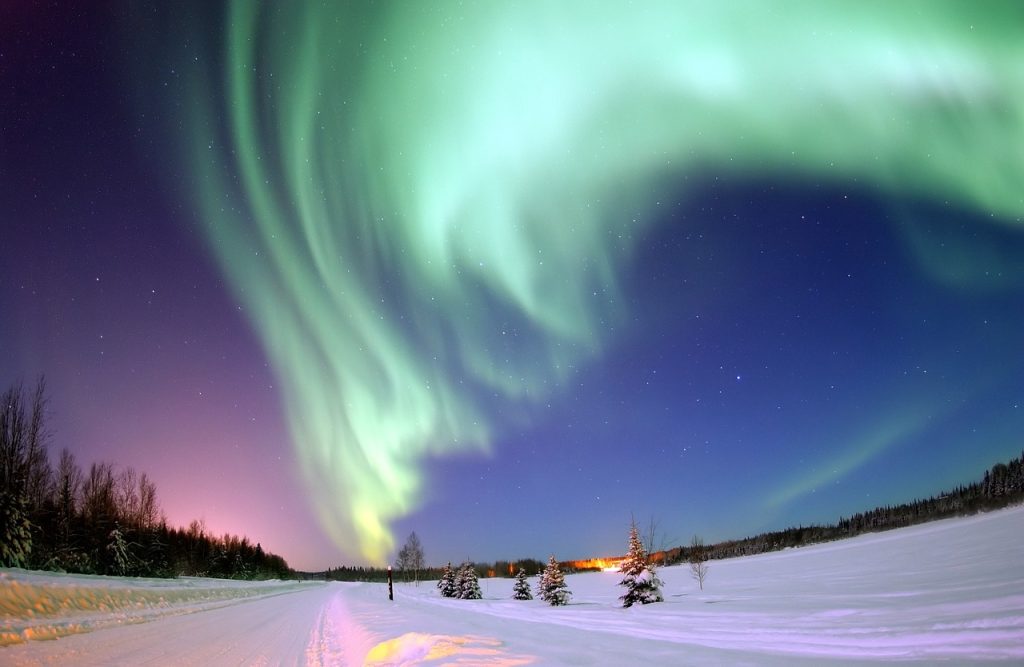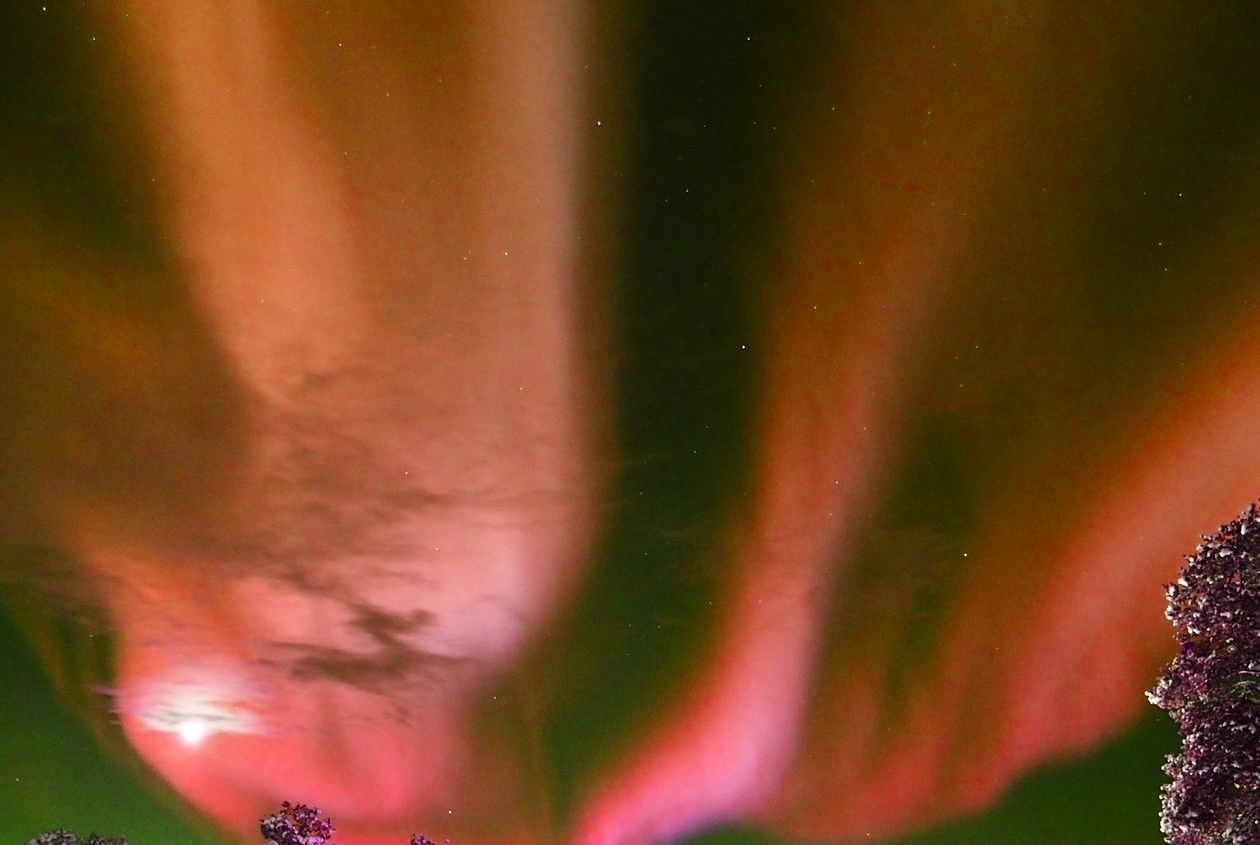Northern Lights in Italy? Yes, that's right. In fact, on the evening of November 5th, an extraordinary phenomenon captured the attention of Northern Italy: an aurora borealis made its exceptional appearance between 18pm and 00pm. This event, usually reserved for higher latitudes, left spectators and astronomy enthusiasts spellbound.
Northern Lights in Italy
The sky was instantly lit up by a radiant red glow, creating a completely different visual effect than a sunset or sunrise. The Northern Lights painted the sky with an array of stunning colours. In regions of Northern Italy, the observation of this celestial phenomenon was ideal and even in Southern Italy, some passionate astrophotographers have been successful in immortalizing this celestial event using long exposures.
The Northern Lights, notoriously rare at these latitudes, usually require traveling north to observe. The Northern Lights were spotted in Italy for the second time in just two months, with the last sighting dating back to the night between 25 and 26 September, limited to the regions of Lombardia and Trentino Alto-Adige.
An extraordinary event
The origin of an aurora borealis constitutes an astronomical phenomenon of extraordinary importance. It has its roots in the area near the Earth known as the magnetosphere, where atoms and molecules undergo shattering and heating due to solar radiation. This process culminates in fall of electrically charged particles in the upper atmosphere, mainly electrons, which generate the spectacular visible light of the aurora borealis.

The Sun plays a crucial role in creating these celestial wonders. The particles responsible for these phenomena come from mass ejections from the solar corona, the outer part of the Sun's atmosphere. When these particles reach the Earth, they trigger geomagnetic storms, and the aurora borealis is one of their most fascinating manifestations. It is important to note that solar activity is not constant but follows an 11-year cycle, and we are currently approaching its predicted maximum peak in 2025.
Il color of the Northern Lights it can vary greatly over time, with shades such as green, purple and light blue appearing in the past. In the case of a red Northern Lights, the origin of this hue is clear: it occurs when solar particles stimulate oxygen atoms located at around 400 km altitude. This phenomenon allows you to see the Northern Lights at lower latitudes, thus making the fascinating show observed in Italy possible.





